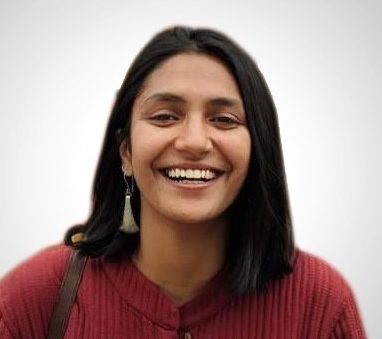It is estimated that over one million preventable deaths occur each year caused by diarrhoeal diseases due to unsafe sanitation, hygiene and drinking water. In Sierra Leone, access to sanitation is the 8th lowest in any country worldwide. In rural areas only an estimated 37.9 per cent use an improve sanitation facility and 26 per cent practice open defecation, contributing to multiple health, economic and social challenges. This SLH Learning Brief shares findings from research undertaken with Welthungerhilfe in remote riverine and island communities in Bonthe District, a district that has double the national open defecation rate and distinct physical and social conditions that challenge the achievement and sustainability of sanitation services.
Using a range of participatory research methods, the research engaged participants within communities, district and national government stakeholders and market actors to explore the current state of sanitation infrastructure and use, identifying barriers people are facing to adoption and their knowledge, awareness and cost of different sanitation options in the market. The learning brief also presents new ideas, opportunities and recommendations proposed by stakeholders to improve access through improving infrastructure, reducing costs, data and evidence needed and ongoing community and meso-level engagement in these challenging contexts.
All research participants were asked about the ideas about ways to improve the sanitation situation in riverine areas. These have been collated and presented by stakeholder groups below:
- Community proposes ideas included: supporting access to finance, co-financing infrastructural improvements with external actors, increasing sensitisation efforts, increasing household incomes an direct support from government to build latrines.
- Market actors proposed support for logistics and transporting goods to more remote areas, marketing products in communities and strengthening trust between business owners and potential sales agents and households.
- District stakeholders proposed supporting access to finance, increasing sensitisation efforts, increasing household incomes, increasing presence and engagement, promoting durable technologies, reducing the cost of materials needed, working through community structures and learning from others in Sierre Leone and beyond.
- At the national level they recommended increasing sensitisation efforts, considering tailors solutions, supporting access to finance, increasing incomes, expending staffing and resources for local government, triggering traditional leaders.
- Establishing government budgets, undertaking market assessments, planning for sustainability, increasing government budgets and setting up a working group to continue to discuss sanitation in riverine, coastal and island communities in Sierre Leone.









